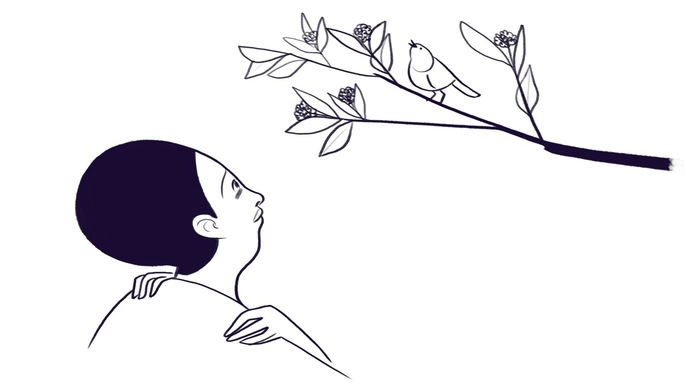Now That He’s Sober, I Never Hear From Him

An Allies in Recovery member recently wrote about how she struggles with the lack of communication with her son since he has been sober. She wants to know how others cope in a similar situation. She has always tried to be very supportive and feels hurt and alone.
This post recently appeared on the Allies in Recovery member site. It will give you a taste of the many resources we make available to our members, and how they can help you help your loved one. To learn more about membership, see our Membership Benefits page.
Annie Highwater, Allies in Recovery member and blog and podcast contributor, responds with the following message:
Hello and thank you for reaching out, I know how much courage that takes.
I have experienced similar moments with my son, aching for a call, some time spent together, etc. Depending upon how old yours is, we probably have a lot in common on that issue. I found that sometimes I just had to state how I felt and saw things, along with what I hoped for and then just leave it there for a while. Hopefully with the ebb and flow of time, he will realize and come around. It’s a lot of mental work to get and remain sober. Sometimes they are unintentionally careless.
Stay busy
When I tell myself that people do the best they can with the tools they have in the moment (and sometimes their tools of memory or courtesy are a little rusty), it takes the sting out of it. Other than that, I pray over it and then fill my time with positive and productive things that will benefit me and give me joy. I go for long walks, hike or run. Maybe I’ll start a new craft, call a friend I’ve lost touch with and catch up etc. I like to believe my prayers and faith are at work on it while I am busying myself on things I enjoy.
Much hope is sent your way as you adjust to many new things and find your new normal. Keep exploring the Allies in Recovery site, there are lots of valuable resources there! And remember – you don’t have to go through it alone, we are all in this together.
—Annie
Since 2003, Allies in Recovery has addressed substance abuse in families by providing a method for the family to change the conversation about addiction. We use Community Reinforcement & Family Training (CRAFT), a proven approach that helps the family unblock and advance the relationship towards sobriety and recovery and to engage a loved one into treatment. Learn about member benefits by following this link.
